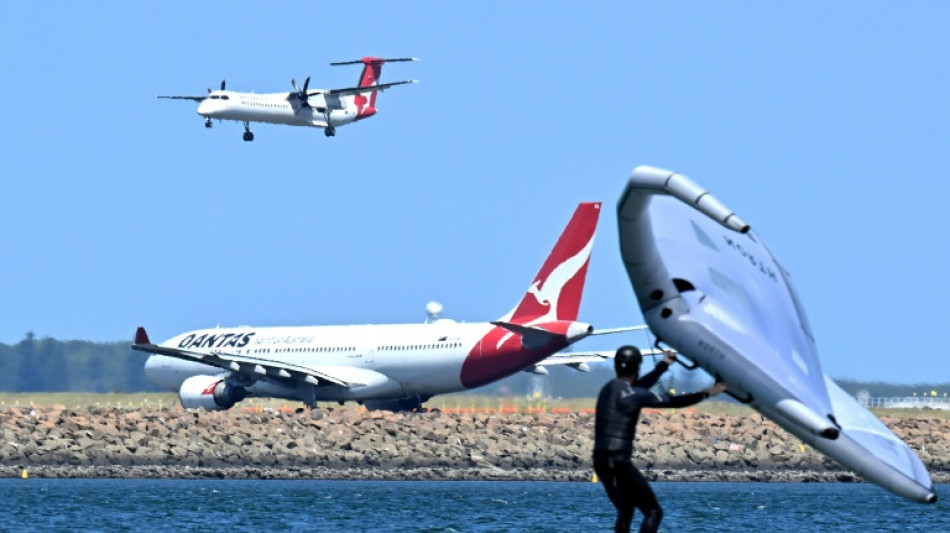
CMSC
0.0900


Countries including France, Kenya, Barbados and Spain on Monday launched a coalition to push for taxes on wealthy air passengers to help poorer nations respond to climate change, the French presidency said.
The coalition, which also brings together Somalia, Benin, Sierra Leone and Antigua and Barbuda, said it would work to increase the number of countries taxing plane tickets, including business-class travel, and private jets.
The air industry is a major source of the polluting emissions that contribute to global warming, which inflicts its worst impacts on vulnerable developing countries that are least responsible.
Ahead of November's UN climate summit in Brazil, the French presidency said in a statement the group would work on making the aviation sector contribute more to funding climate adaptation.
The aim would be to plough at least some of the tax proceeds into "resilient investments and fair transitions" and help poorer countries raise more domestic revenue, a key factor for development, the statement added.
France, Kenya and Barbados have previously lobbied for such "solidarity levies" to raise money for climate action, suggesting taxes on shipping, fossil fuels, plastic and cryptocurrency.
The group has suggested levies on flying could raise up to 187 billion euros ($220 billion) if they were applied across the board.
Greenpeace welcomed an "important step" to raise more money from "the most elite and polluting form of travel", which has remained "undertaxed".
"Bold, cooperative action that makes polluters pay is not just fair -- it's essential," Greenpeace's global political lead Rebecca Newsom said in a statement.
The announcement came during a UN development conference in Spain that aims to deliver fresh impetus for a sector reeling from severe cuts to foreign aid, which have repercussions for poor countries' battle against climate change.
Wealthy nations that have historically done the most to drive climate change are obliged to provide finance to help poorer countries adapt to its consequences under the 2015 Paris Agreement.
C.Mak--ThChM